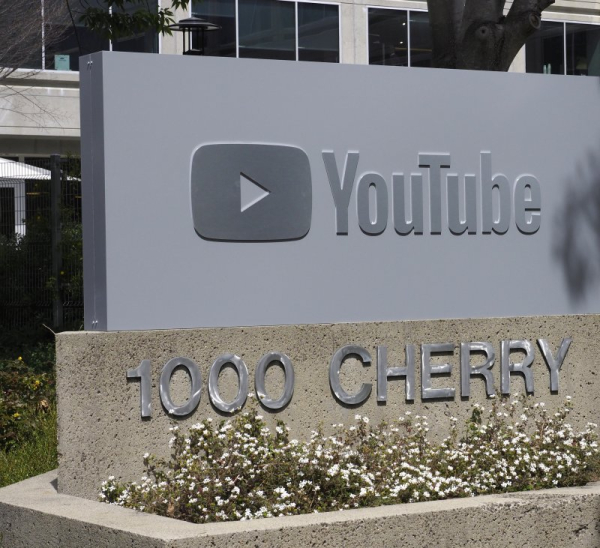
YouTube on Thursday announced new content safeguards aimed at protecting teens from repeated recommended content on body weight, physical appearance and social aggression. File Photo by John G. Mabanglo/EPA-EFE
YouTube on Thursday rolled out what it said are additional safeguards for content recommendations for teen users.
The video platform said in a blog post that it is now limiting repeated recommendations of content that “compares physical features and idealizes some types over others, idealizes specific fitness levels or body weights, or displays social aggression in the form of non-contact fights and intimidation.” Advertisement
It said these safeguards were developed in consultation with independent experts on YouTube’s Youth and Families Advisory Committee.
YouTube Health Director Dr. Garth Graham and Director of Product Management James Beser wrote in a statement that the committee has advised how content consumed online can impact the well-being of teens.
“One insight is that teens are more likely than adults to form negative beliefs about themselves when seeing repeated messages about ideal standards in content they consume online,” Graham and Beser wrote. “These insights led us to develop these additional safeguards for content recommendations, while still allowing teens to explore the topics they love.”
YouTube is also introducing what it calls a new supervised experience on the app designed to give parents and teens the option to link their accounts and get shared insights and notifications. Advertisement
“This new experience is designed to keep parents informed about their teens’ channel activity on YouTube and help them provide encouragement and advice on responsible content creation,” Graham and Beser said in a statement. “The first iteration of this experience builds on our existing supervised experience for pre-teens.”
According to YouTube, YouTubeKids and supervised experiences for pre-teens reach more than 100 million users each month.
Support resource panels are also available on YouTube in many European countries that help people connect with support from suicide and self-harm crisis service partners.
YouTube is working with the World Health Organization to develop industry-wide resources related to online well-being for teens.
According to YouTube, the updates are being adopted alongside a robust set of policies and services that protect YouTube users against hate speech.
“We’re excited to build on our important work related to youth experiences, digital wellbeing, and mental health, with more to come in the future,” Graham and Beser said on the YouTube blog.